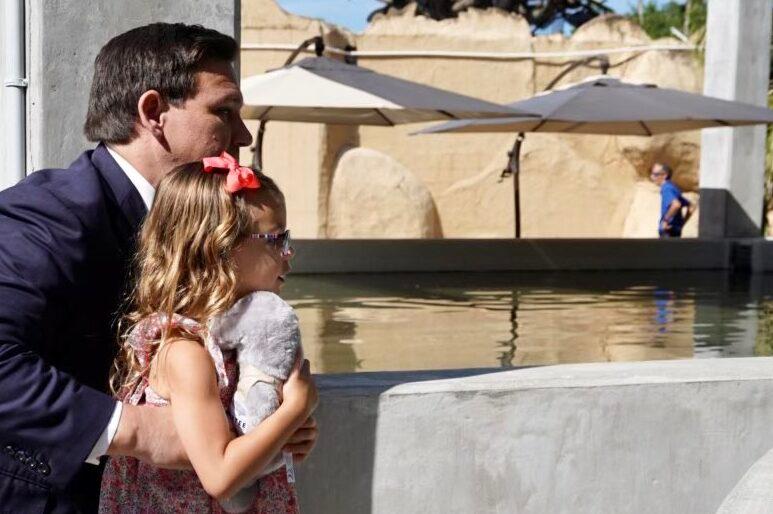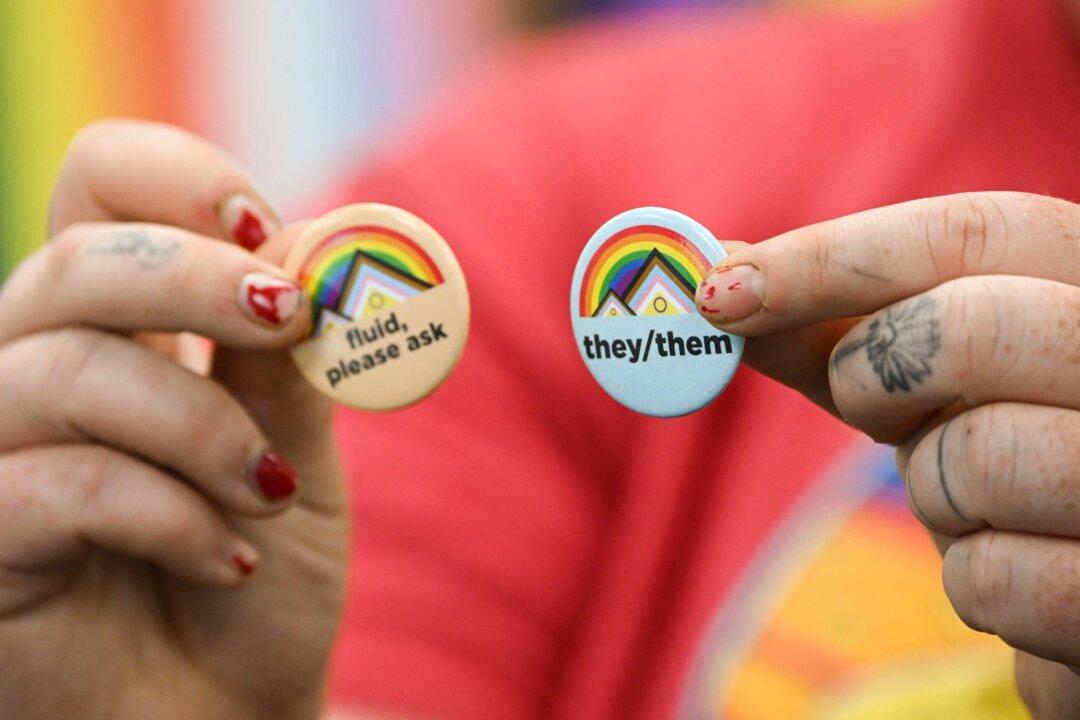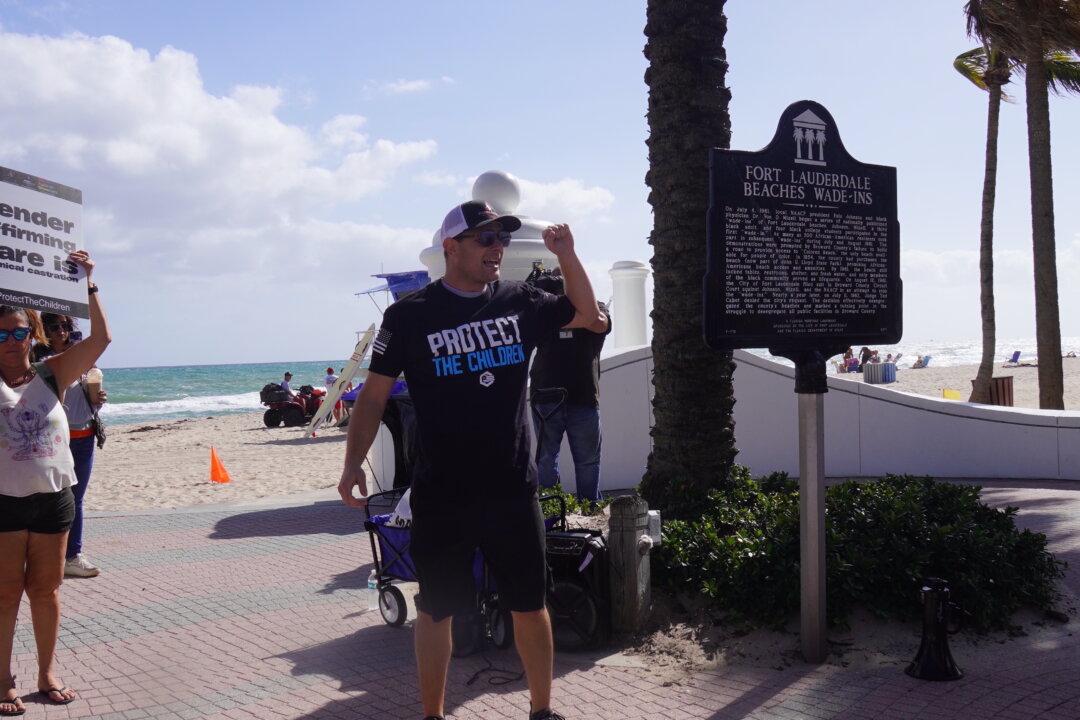PUNTA GORDA, Fla.—The major factor in many societal problems, especially incarceration, is the lack of fathers or strong male role models in the home, according to Florida Gov. Ron DeSantis.
DeSantis is asking fathers to “meet your responsibilities” this Father’s Day and has signed legislation to help fathers be better parents, and children who are fatherless to have access to mentorship programs.




